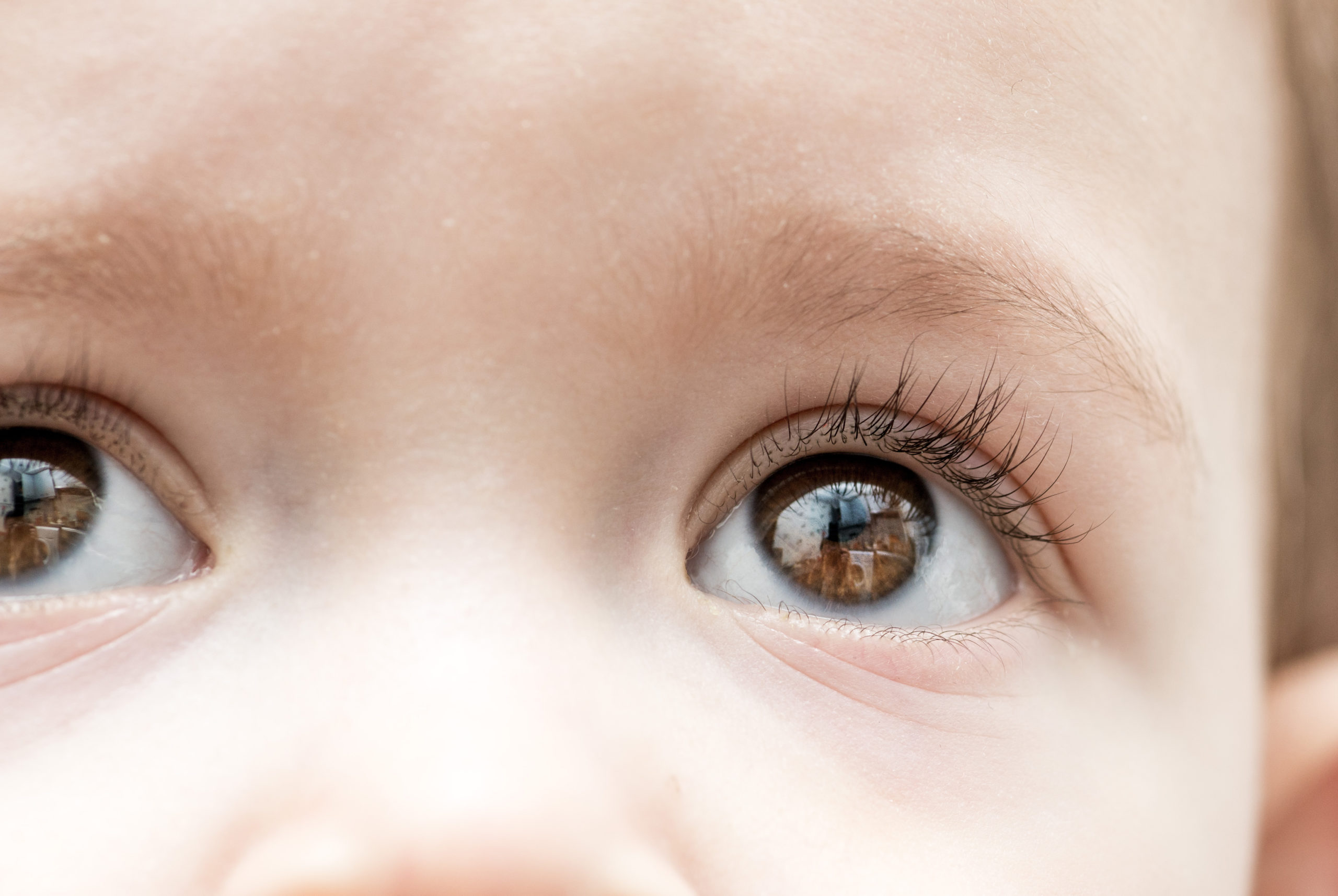Conjunctivitis, known as pink eye, is a common eye condition in children that can easily spread to adults.
Published:
The American poet and philosopher, Henry David Thoreau once said, “The eye is the jewel of the body.” What do you do when that jewel starts itching, oozing and crusting over? If the pearly whites of your eyes start looking more like rubies, chances are you or your child has contracted conjunctivitis, otherwise known as “pink eye.”
Conjunctivitis is one of the most common infections of the eye and is usually easily treated, but it is very contagious! Here’s what you need to know.
What is conjunctivitis?
Conjunctivitis is an infection of the “whites of the eyes,” when the conjunctiva takes on a pink or red hue. It is a common eye infection in children under five years of age, easily spread in daycare and school. Parents and caregivers are also at risk of contracting conjunctivitis, so it is important to wash your hands thoroughly and make sure that children are instructed to do so.
Symptoms may include eyes that are reddened, watery, itchy or scratchy. Sufferers my also experience discharge from the eye(s) and crusting of eyelids or lashes.
Is conjunctivitis caused by a virus or bacteria?
Good question. In most cases conjunctivitis is a viral infection. It tends to be treated with a topical antibiotic ointment or eyedrops because viral eye infections can mimic bacterial infections.
Any person with a pink eye infection can infect other people even after starting topical antibiotics. In the majority of cases, you or your infected child can return to work or school 24 hours after starting your prescribed medicine.
Remember to discard any leftover topical medication after use! Do not use any leftover prescription eye drops from a previous eye infection, to avoid contamination.
When is it NOT conjunctivitis?
There are times when eye irritation can mimic classic conjunctivitis:
- Seasonal allergies may present with eye redness and irritation, with or without itchiness in the eyes.
- Irritant conjunctivitis from chemicals such as chlorine in freshwater pools can affect the eye(s).
- A foreign body in the eye can start with irritation but turn into a medical emergency.
We always recommend that you seek medical advice if you or a family member has pink eye. Any eye redness, irritation, persistence of pain or lack of improvement within 48 hours of starting any medication for this condition warrant seeking further advice from your medical provider. Of course, if you have any questions or concerns contact your pediatrician right away!
Wissam E Nadra, MD, MHA, FAAP, AIHM, holds a Bachelor of Science degree in Biology from the University of Southern California and received his medical degree from the American University of the Caribbean. He is a pediatrician and clinical director of Lakeshore Pediatric Center, PA, in Denver, NC.






Leave A Comment